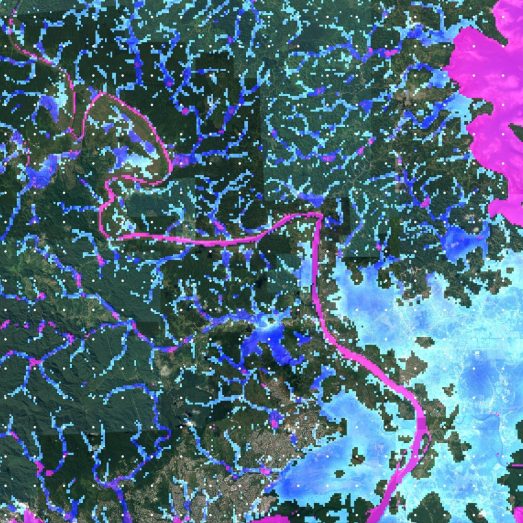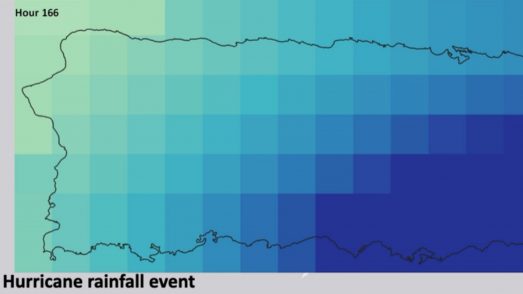
Hosted by the UK government, COP26 (Climate Change Conference of the Parties) will take place in Glasgow between 31st October – 12th November 2021.
The event brings together 190 world leaders to understand what progress has been made towards climate change goals.
For example, the Paris agreement was devised at the 2015 summit, COP21. As part of the Paris agreement, every country agreed to limit global warming to under 2 degrees and to assign money to adapt to climate change.
At this stage, the effects of climate change are inevitable, which is why we want to see tangible actions as a result of COP26. Although it’s important to reduce greenhouse gases there must also be a focus on how to adapt to the changing climate and weather conditions. We need to see immediate goals, for 2050 and years beyond this.
Aims for COP26
This year’s COP26 event will be held in partnership with the UK and Italy, with the main aims to “build back better” from the COVID-19 pandemic and help to reverse the loss of biodiversity due to climate change. To do this, they have proposed for countries to submit strategies to cut zero-emissions ahead of COP26.
There are four goals for COP26 which have been developed to encourage action amongst the international community:
1. A step-change in commitments to emissions reduction
2. Strengthening adaptation to climate change impacts
3. Getting finance flowing for climate action
4. Enhancing international collaboration, including for the COP26 campaigns on energy transition, clean road transport, and nature.
Why we are getting involved
The effects of global warming greatly impact the likelihood of natural catastrophes such as flooding and droughts. Our research suggests that increases in flood risk will be seen in many parts of the world (Wing et al), (Swain et al).
A fundamental part of our products and services is the development of tools to support corporations, governments, insurers and engineers alike to prepare for the future, and this cannot be done without considering all components of risk.
We want to create wider awareness of how organisations can build resilience and adapt to changes in climate that may cause water stress.
Our COP26 insights will examine the overall climate landscape as well as various innovations in hydrology and flood mapping.
This campaign explores the research that drives change, as well as the tangible actions that have been taken by industry and individuals to reduce the impact of climate change.
Keeping a balanced perspective
It must also be noted that whilst flood risk is rising, there are key drivers of this increase. Climate scientists expect pluvial floods (extreme precipitation, often resulting in flash floods) to increase in severity and likelihood as a result of a warmer atmosphere able to hold increased amounts of water.
However, this same phenomenon is also leading to an observed reduction in river floods (Sharma et al). Our Chief Research Officer, Ollie Wing, discussed this in his IPCC August Digest.
Similarly, drought is becoming a significant driver of water stress for many areas of the world. Newly emerging research called attribution science explores the impact that climate change really has on extreme weather events.
Further to this, human activity such as an increase in population or urbanisation is also contributing to increased flood exposure (Tate et al). For example, whilst climate change may have had a part to play in the severity of the Germany and Belgium flash floods, a main driver of fatalities was an underestimation of risk by local governments resulting in lack of warnings and evacuation.
Fathom’s COP26 campaign
Our COP26 campaign will draw on the COP26 themes of each day from the presidency programme. Our itinerary includes examples of flood modelling in areas of the UK, conversations with experts on parametrics and climate adaptation, and showcasing emerging research from PhD hydrology researchers.
Week 1
Wednesday 3rd November: Finance
A Discussion with Global Parametrics
Hosted by our Chief Research Officer Dr. Oliver Wing, this video involves a discussion with Toby Behrmann, an expert in parametric insurance who leads partnerships and innovation at Global Parametrics.
Friday 5th November: Youth and Public Empowerment
Emerging hydrology researchers
This blog article will highlight the next generation of hydrological research by showcasing emerging PhD students from the University of Bristol who are working on research projects linked to the effects of climate change on flood risk.
Week 2
Monday 8th November: Adaption, loss, and damage
Global Resilience Index Initiative Launched at COP26
On this day, Fathom co-founder and Chief Scientific Officer Dr. Jeff Neal speaks at the COP26 Resilience Hub in support of the Global Resilience Index Initiative (GRII).
Keep updated on our COP26 campaign by following us on LinkedIn and Twitter.



